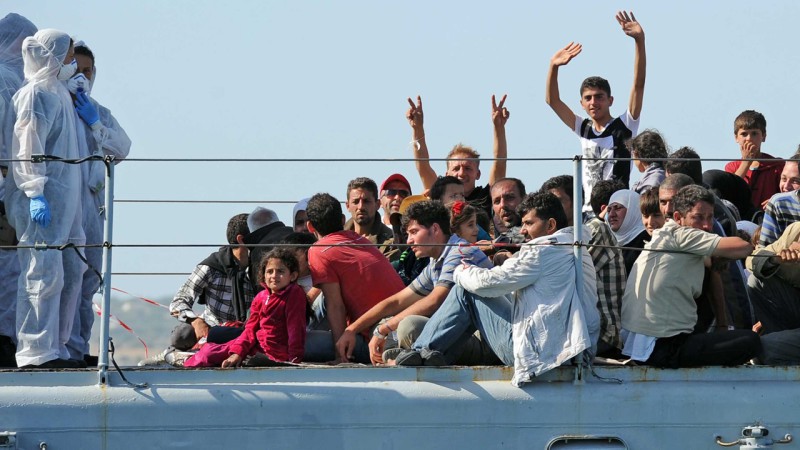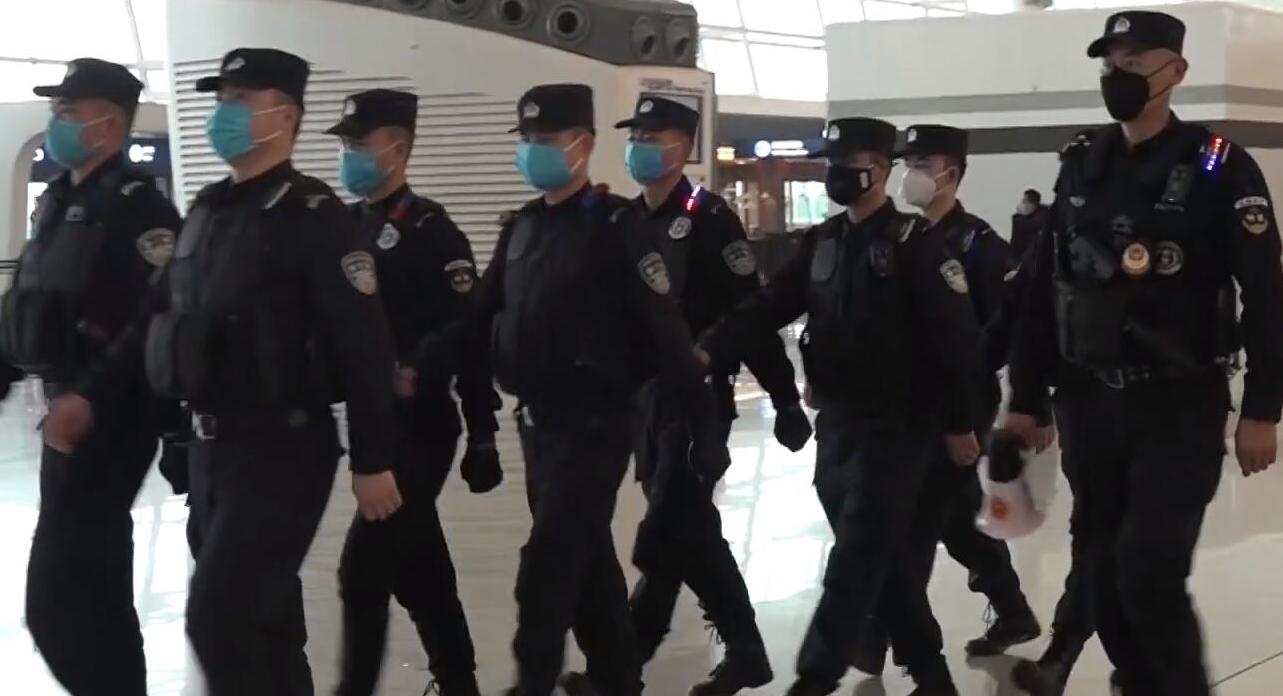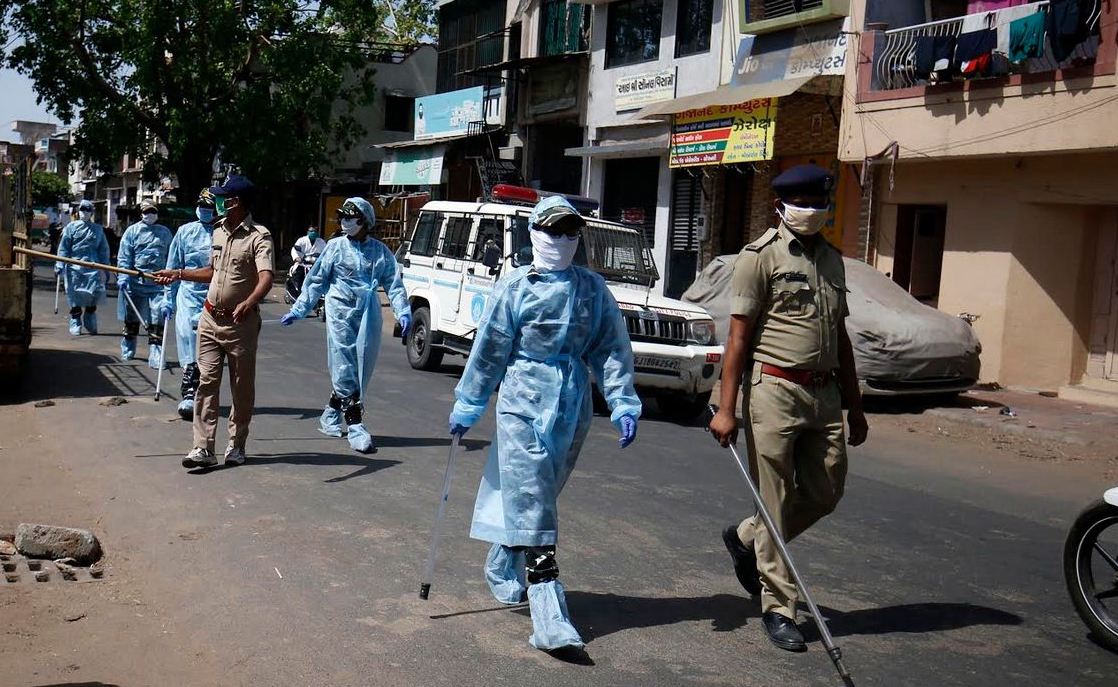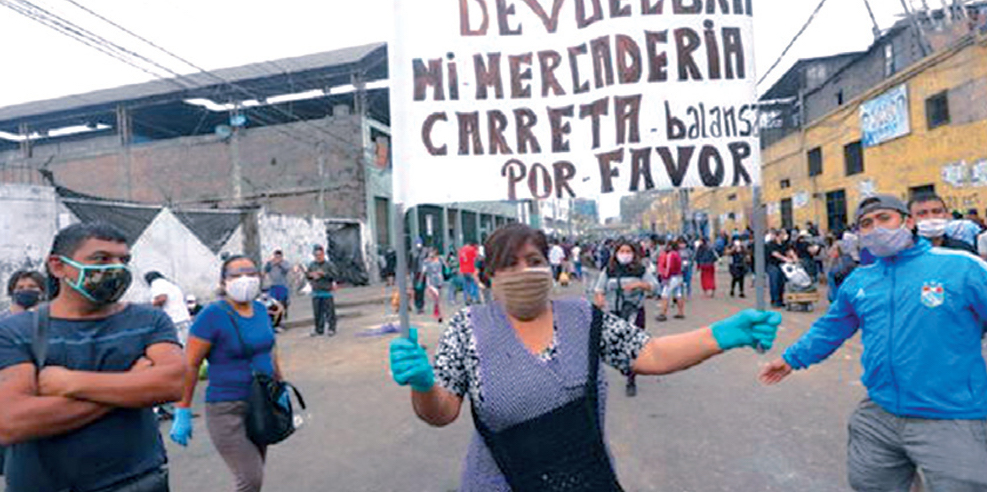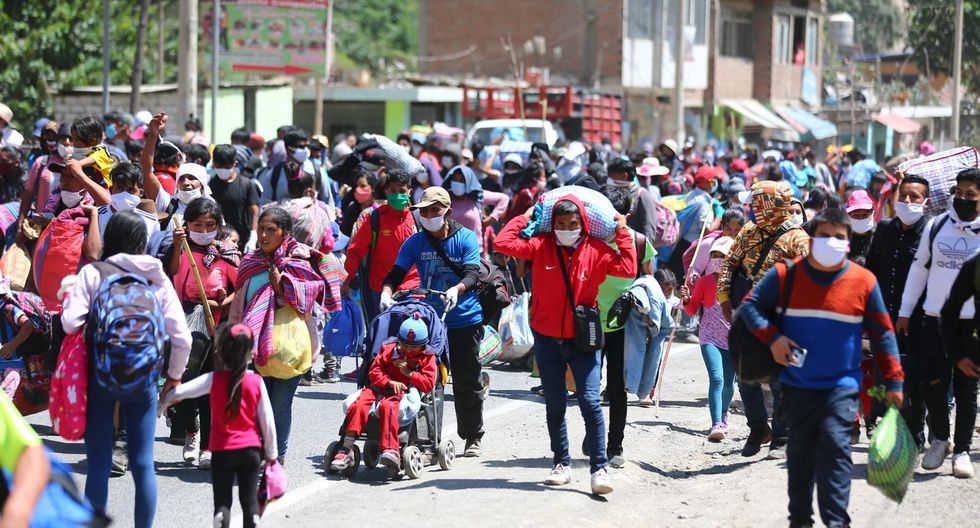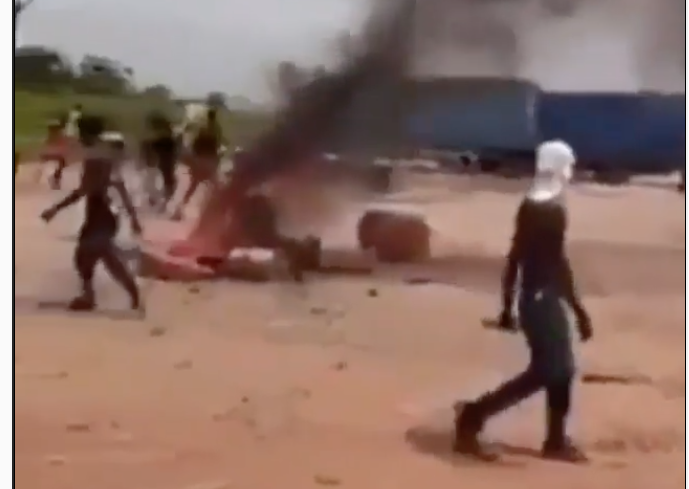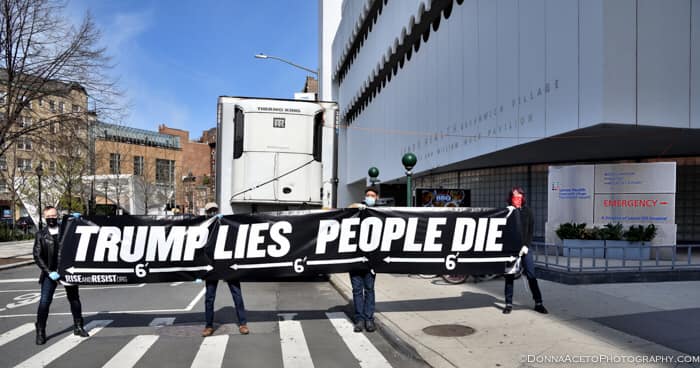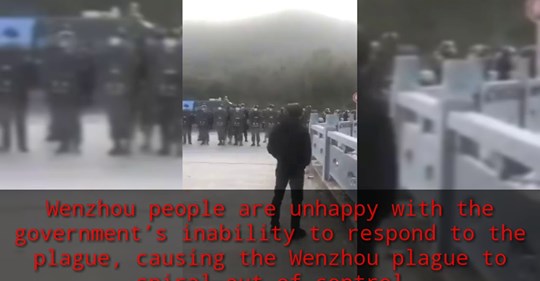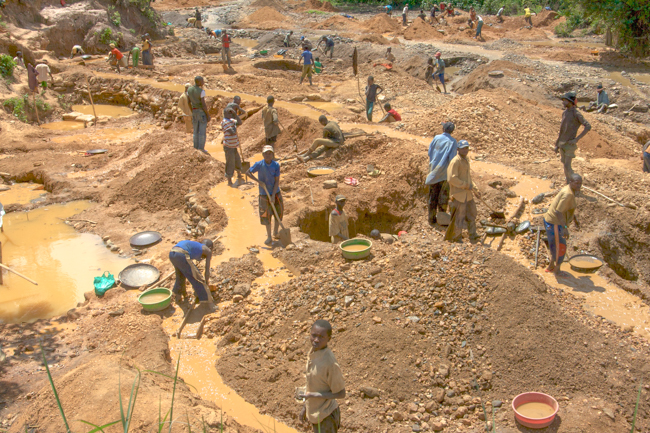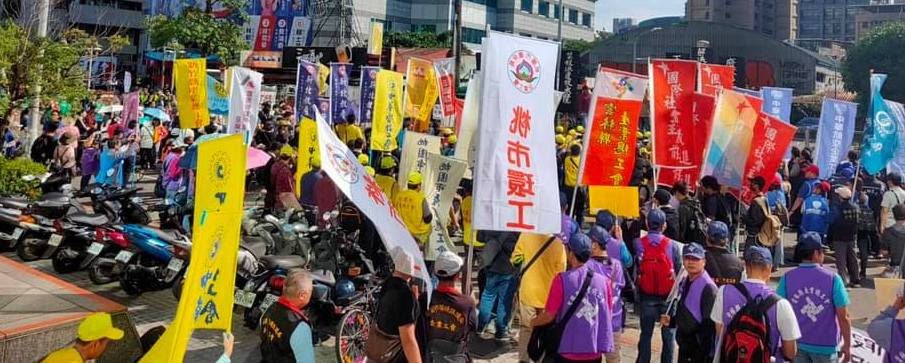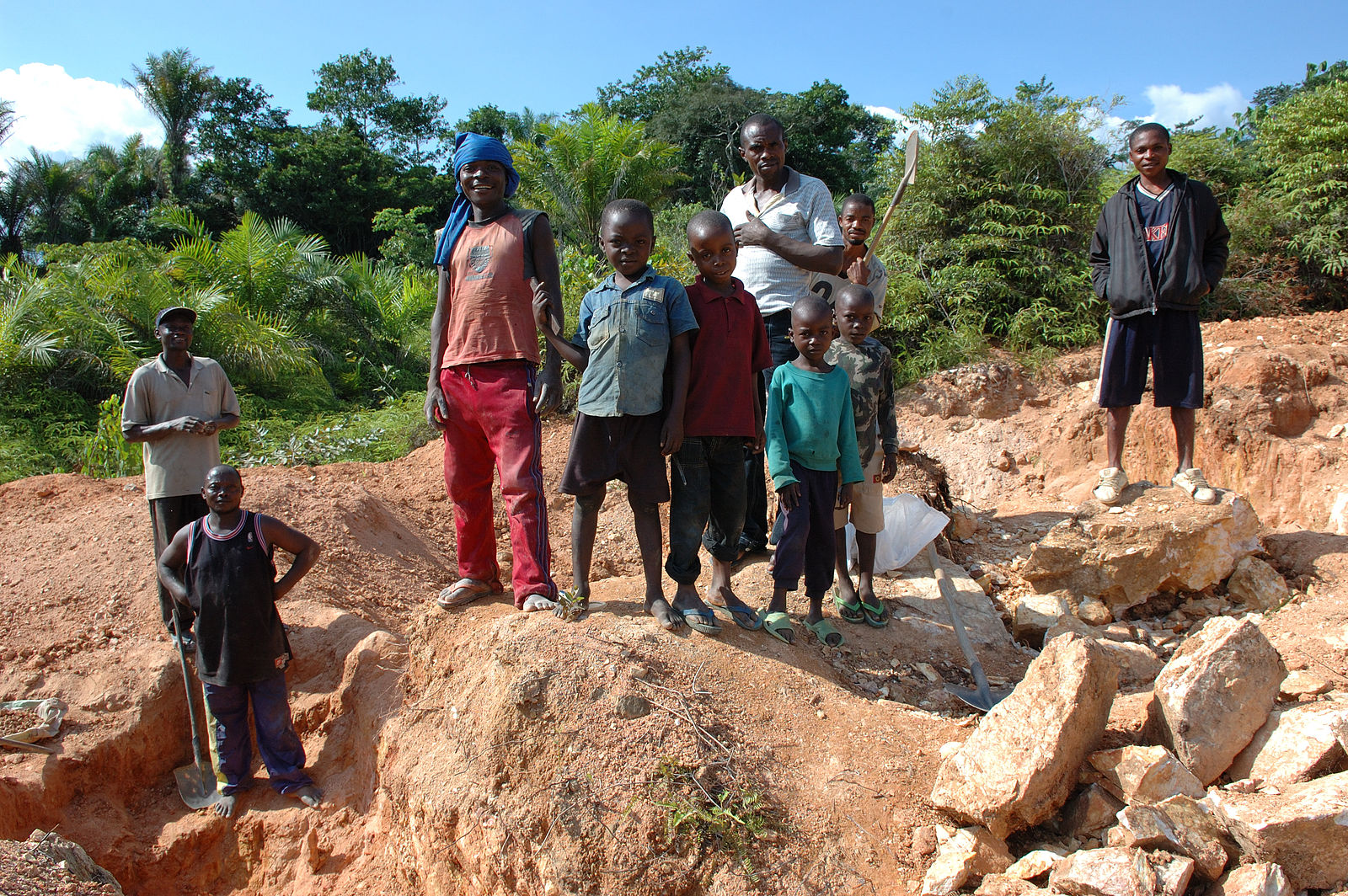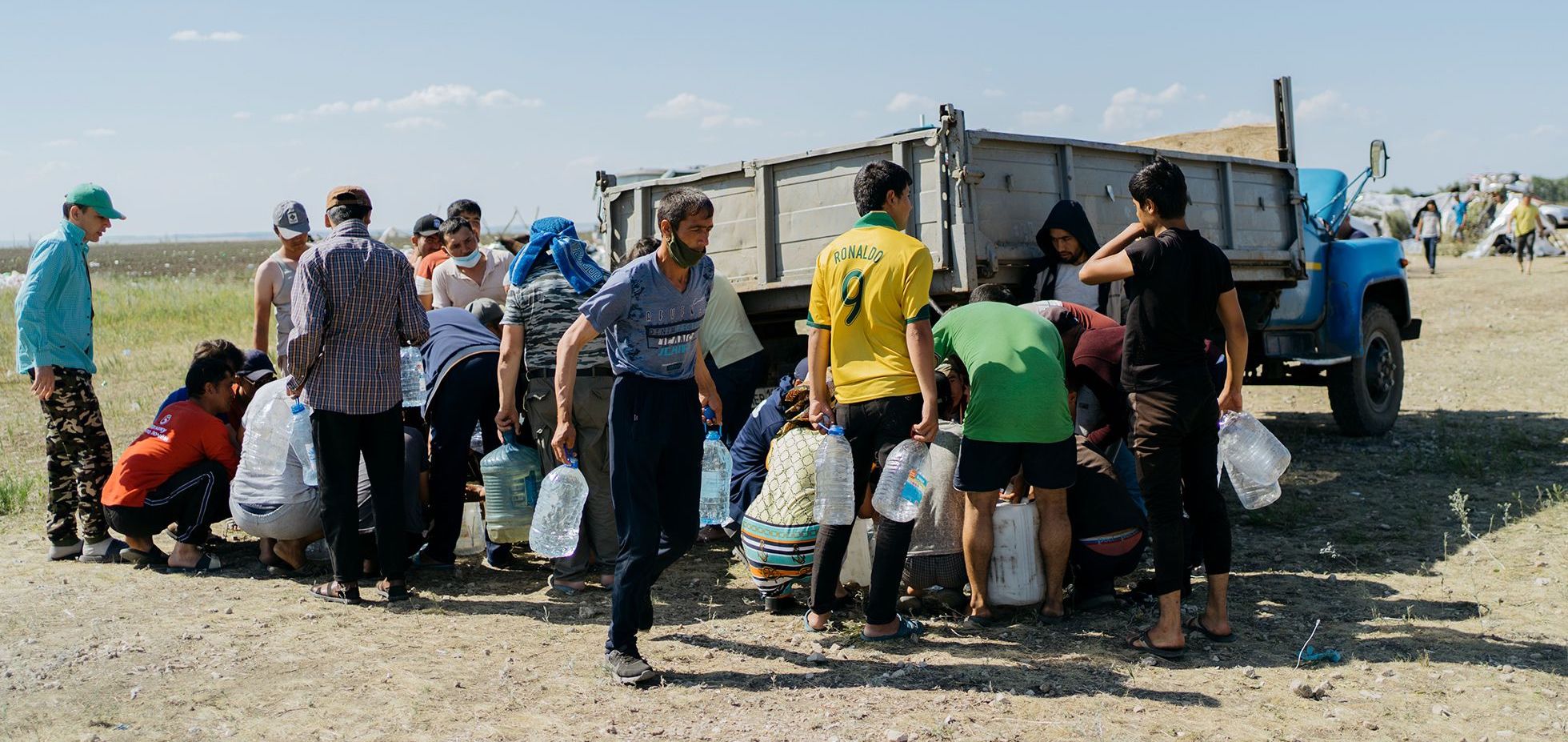
Migrants stranded on Russian-Kazakh border
Thousands of migrant workers from Uzbekistan have been stranded for weeks at the Russia-Kazakhstan border. Left without work in Russia amid the COVID-19 pandemic, they sought to make their way home by land through Kazakhstan—only to find the border closed by Kazakh authorities. The migrants have set up a makeshift camp in an open field, where they are struggling without adequate food, water or supplies in severe summer heat. (Photo: Meduza)



